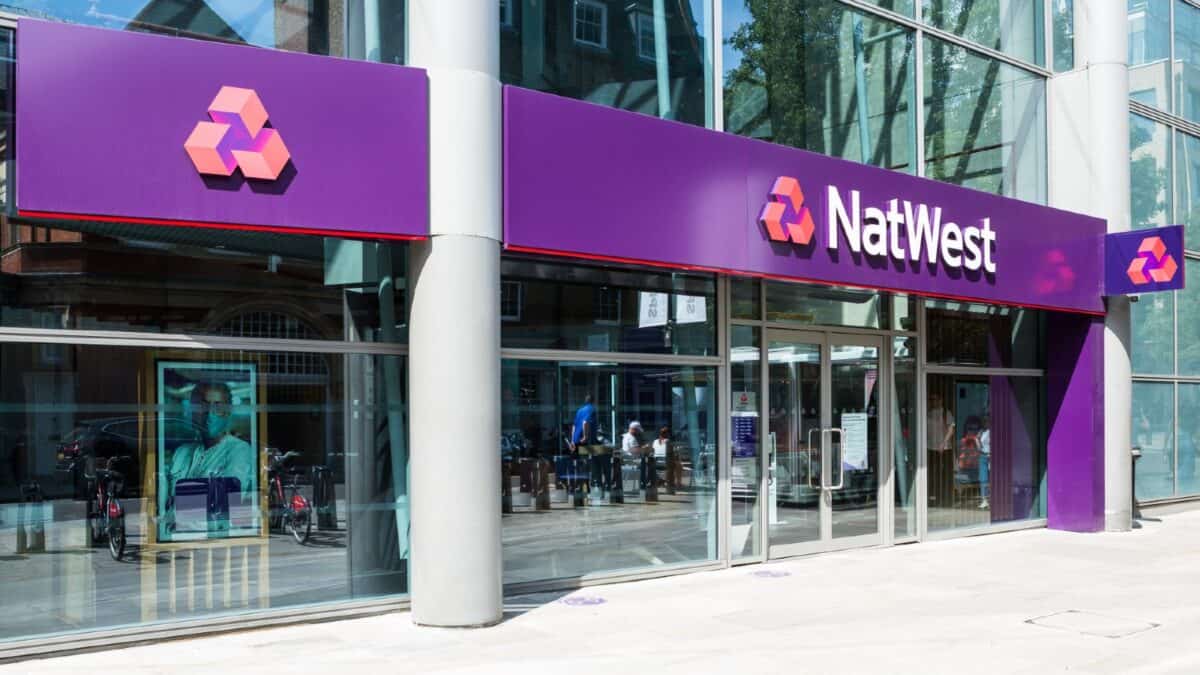NatWest (LSE: NWG) shares are flying. They rose 5.6% last week. That means they’re now up 60.3% in the last six months. This makes them the second-best performers on the FTSE 100 during that time. In the last 12 months, they’re up 51.2%. Wow!
But even after soaring this year, I reckon the shares could still be a bargain.
The main attraction
The star of the show, in my opinion, is the stock’s 5.3% dividend yield. That’s covered 2.2 times by earnings, where two is often considered the benchmark for a very sustainable payout. I like to see that considering dividends are never guaranteed.
Last year the bank raised its payout by 26% to 17p per share. In total, it returned £3.6bn of capital returns to shareholders.
In a similar fashion, for the first half of 2024, it increased its interim dividend by 9% to 6p. Alongside that, it completed £1.2bn worth of share buybacks in May. That means its total distributions for the first six months totalled £1.7bn.
If it puts in the same performance in the second half of the year, that will see it return £3.4bn to investors, a near 3% rise from last year.
Good value
But there are other reasons I like NatWest aside from its focus on rewarding shareholders. For example, its shares look undervalued.
There are numerous ways to measure this. One is the key price-to-earnings (P/E) ratio. NatWest trades on a P/E of 6.9. That makes it the cheapest bank on the FTSE 100, pipping HSBC to the spot. The latter trades on a P/E of 7.1.
Its forward P/E is 7.2. While that places it just behind HSBC and Barclays, both with a forward P/E of 6.8, it still looks cheap.
Growth potential
I also believe NatWest has solid growth prospects. Revenues are forecast to grow at over 3% a year to the end of 2026. We also saw the bank make some solid progress in its recent half-year update. Its second-quarter profit came in just shy of £1.3bn, 26.8% higher than the first quarter.
As well as this, it announced a deal that will see it acquire a £2.5bn portfolio of prime UK residential mortgages from Metro Bank. I like such moves — this one will add around 10,000 customer accounts.
Interest rates
The main threat NatWest will face in the months to come is falling interest rates. The Bank of England made its first cut on 1 August, reducing the base rate by 0.25% to 5%.
That’s not good news for NatWest. This is because it’ll decrease the net interest income it makes. A lower base rate means it can’t charge customers as much when they borrow. As more rate cuts come in the months ahead, its margins will be further squeezed.
Will I buy?
But is NatWest too good to leave on the shelf? At its current price, and even considering the risks, I think there’s a strong argument to be made that it is.
I see the stock as a good opportunity. Alongside the chance to make passive income through its dividend, it also looks cheap. There’s also its growth potential to add to that. If I had the cash, I’d buy NatWest today.
This post was originally published on Motley Fool






